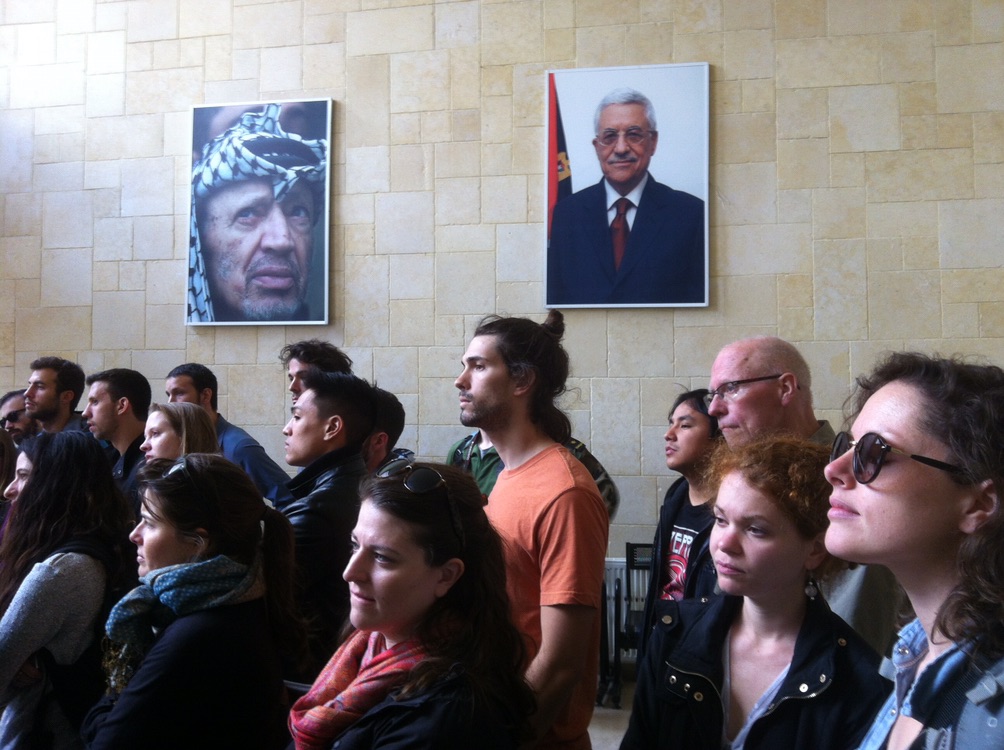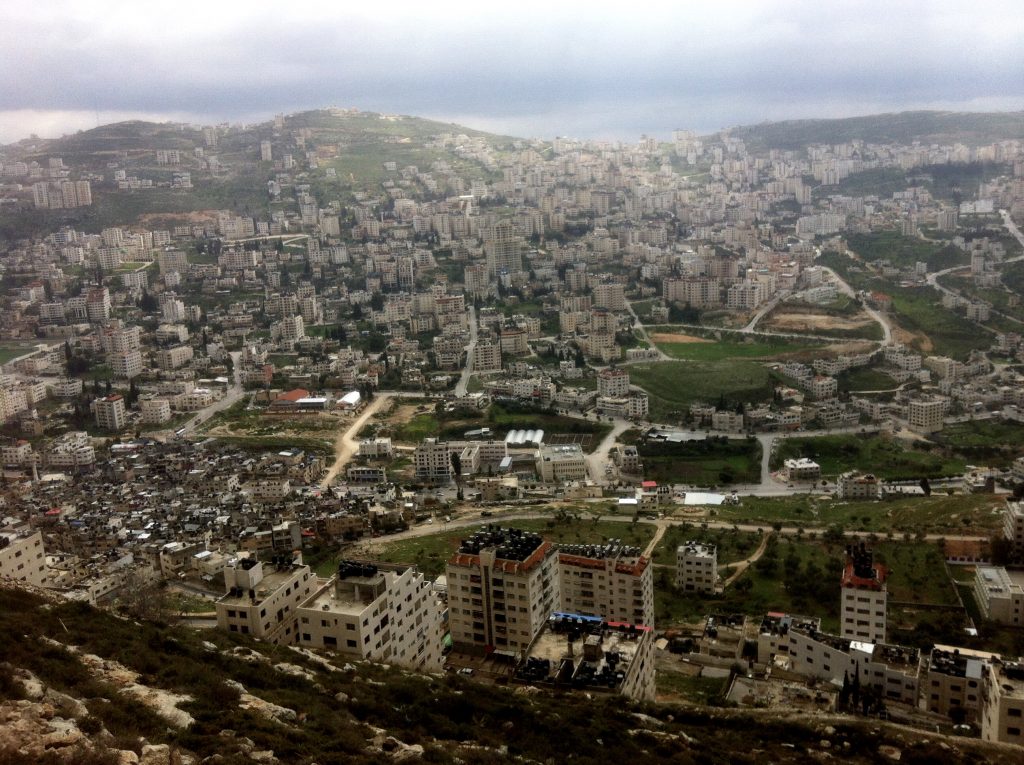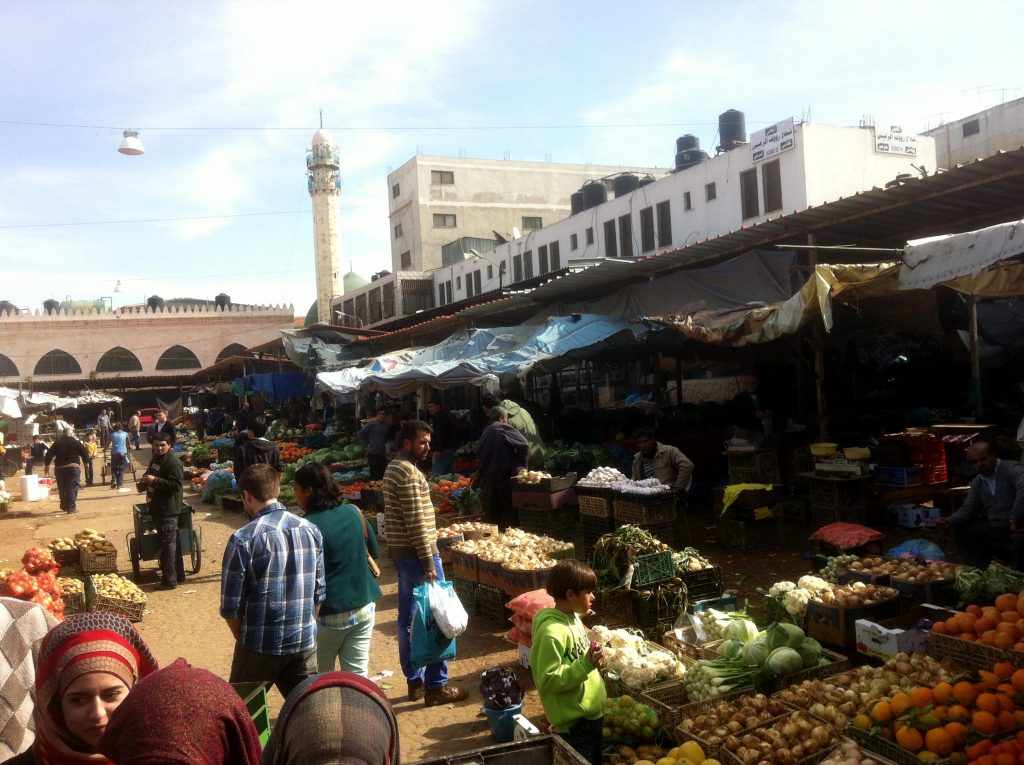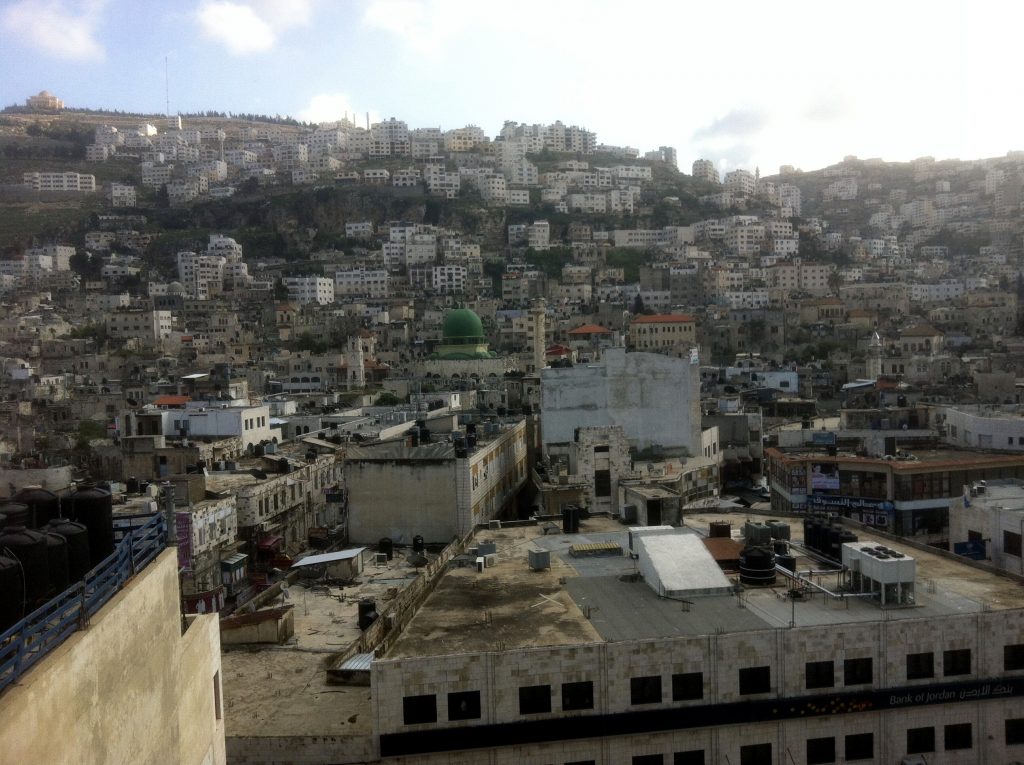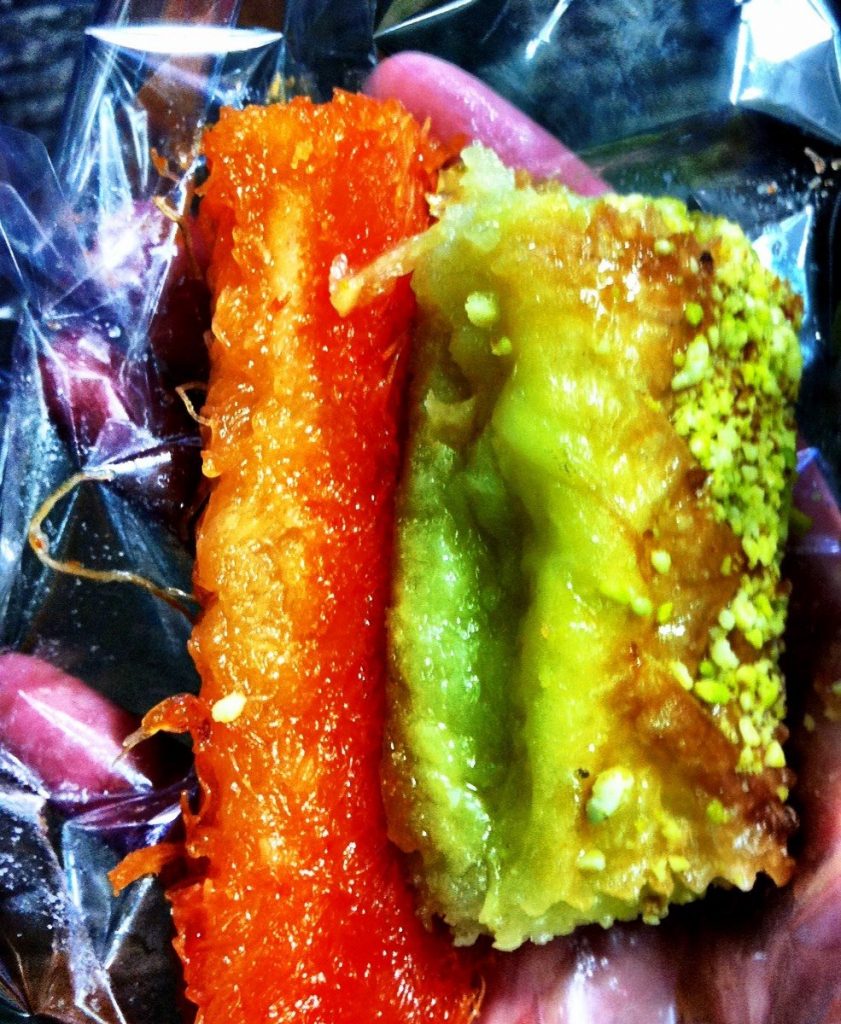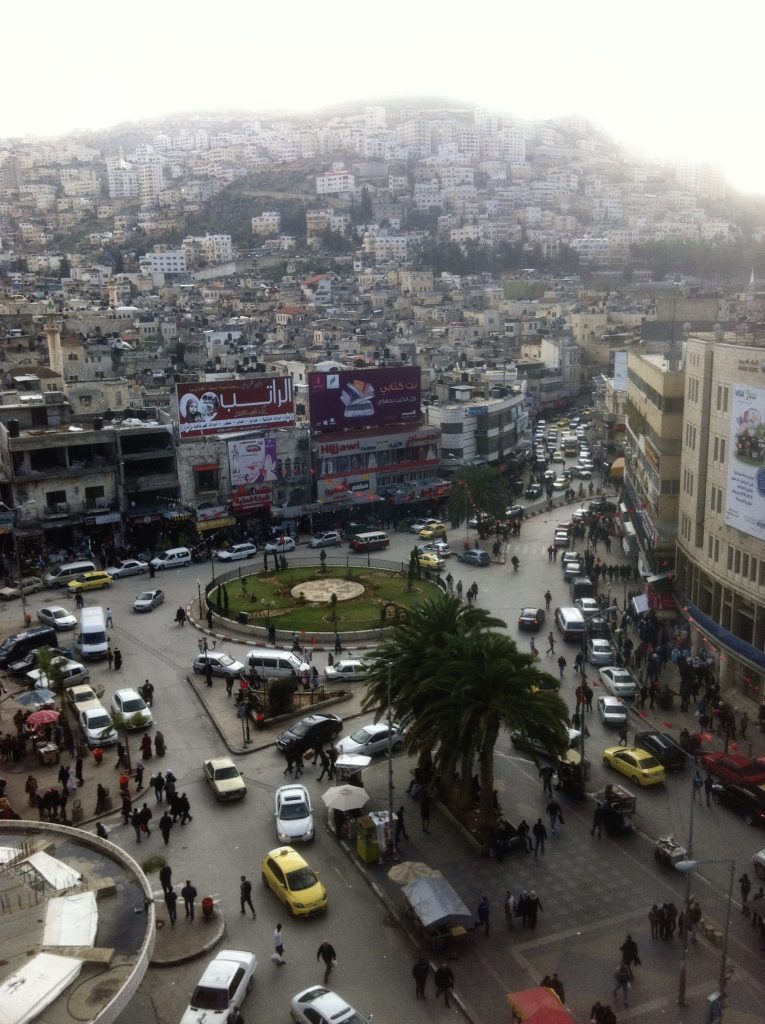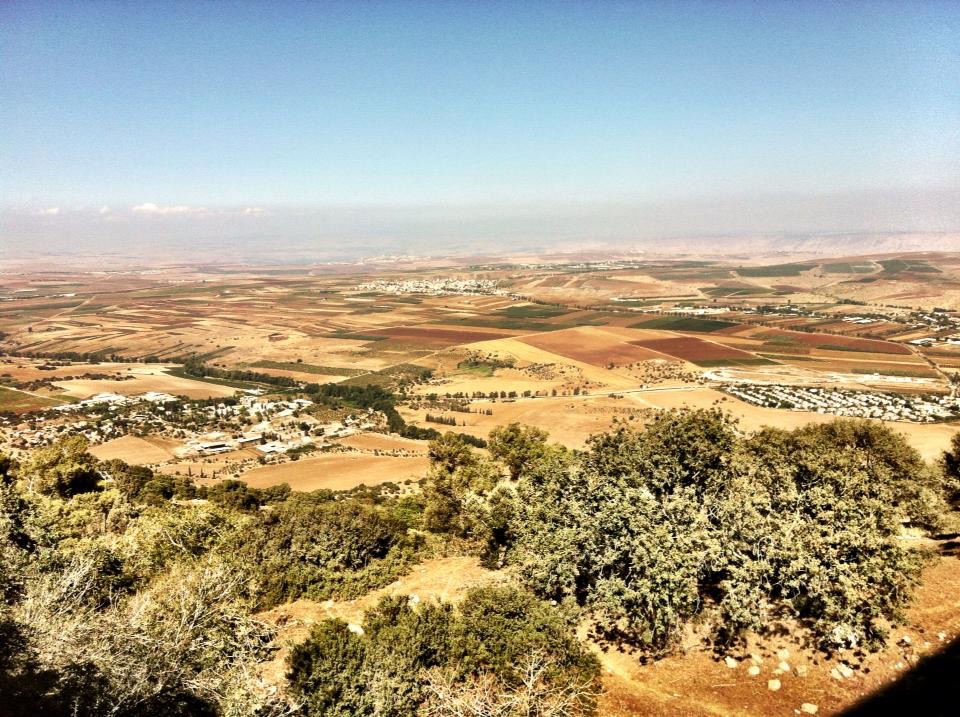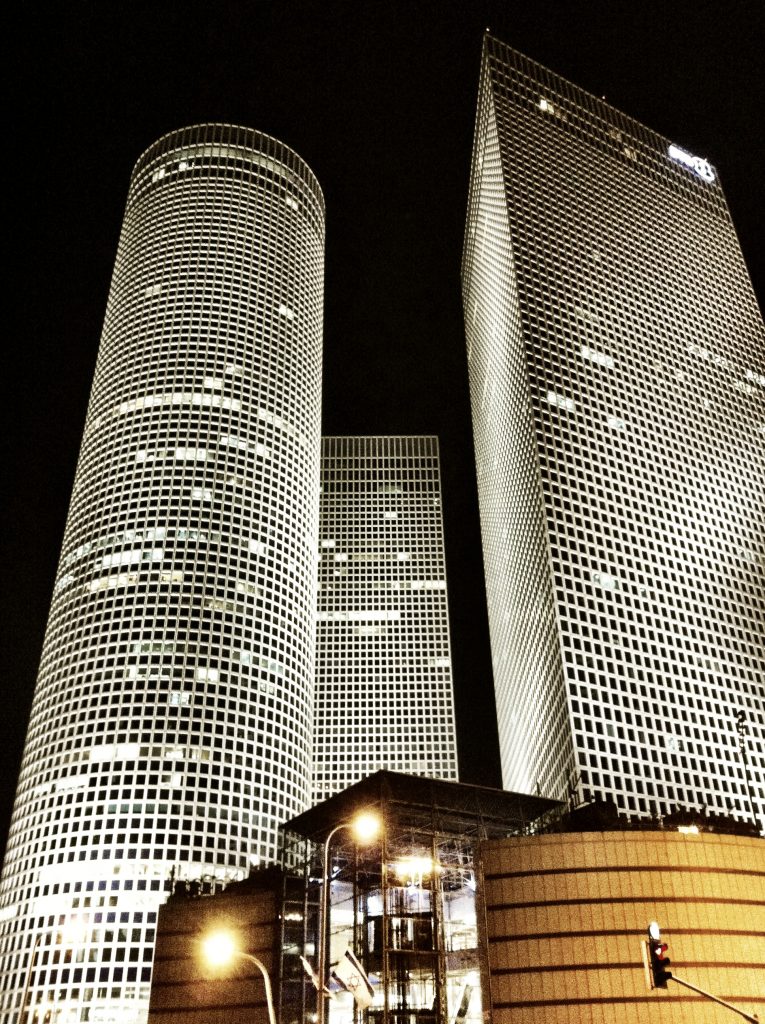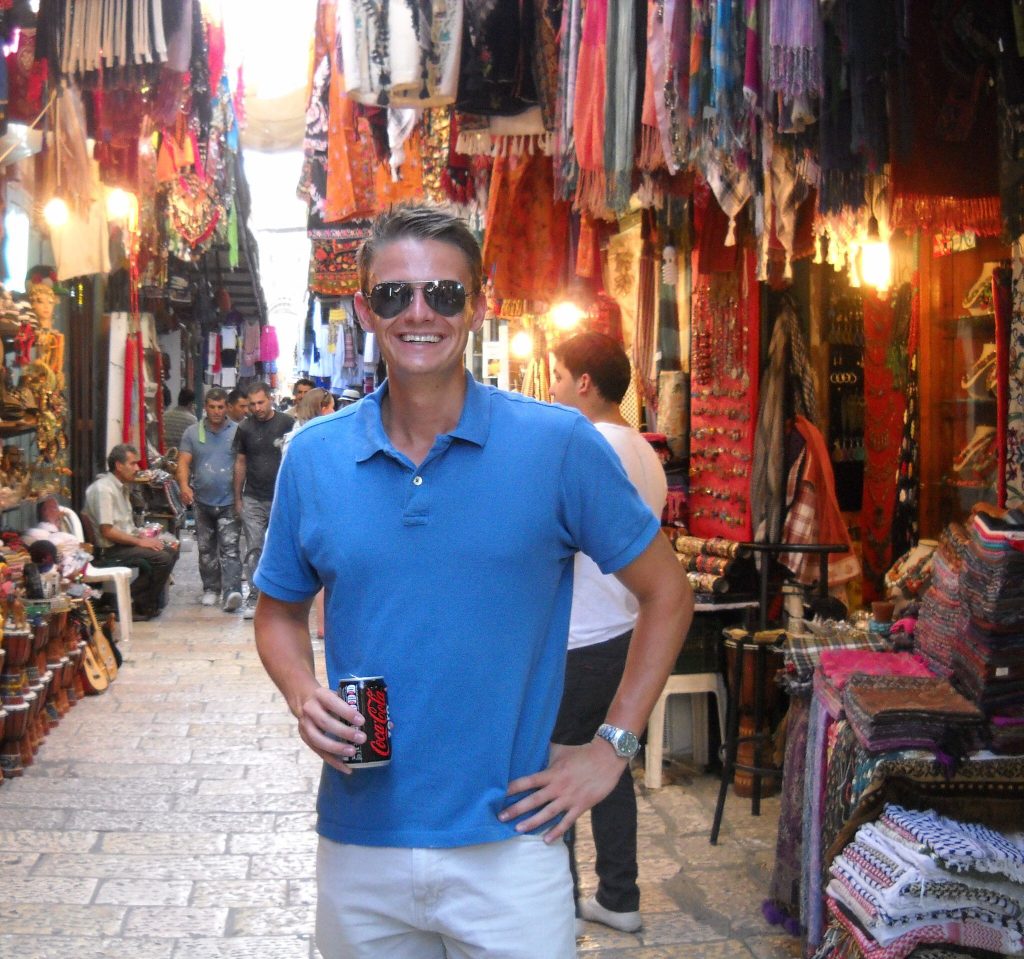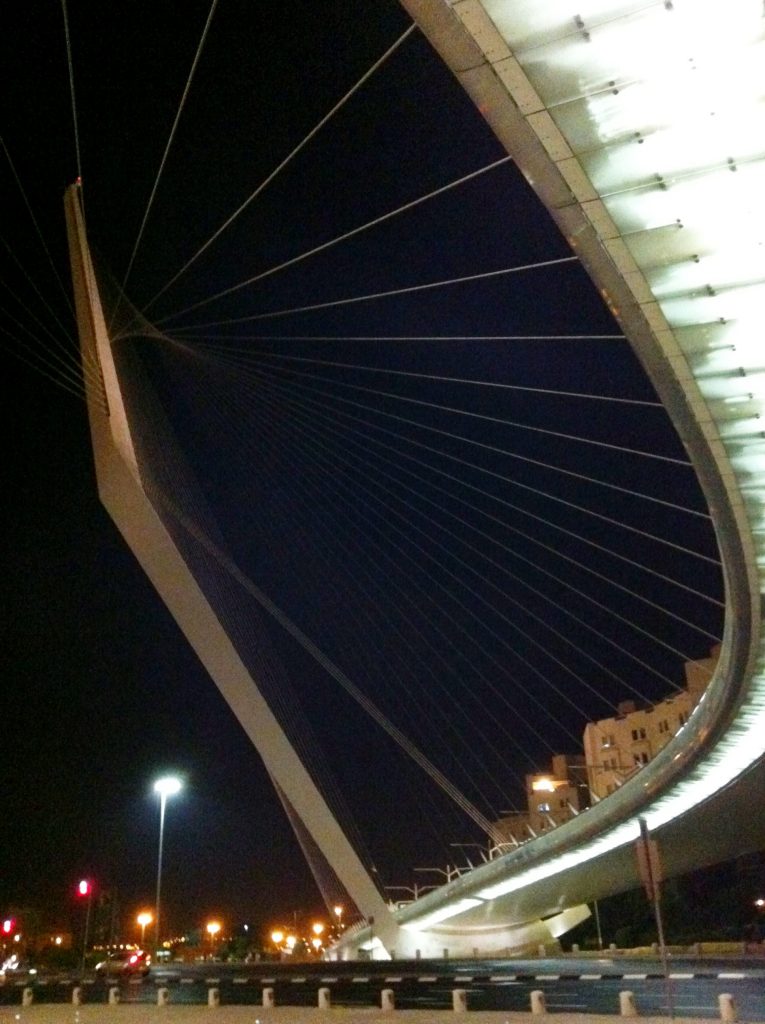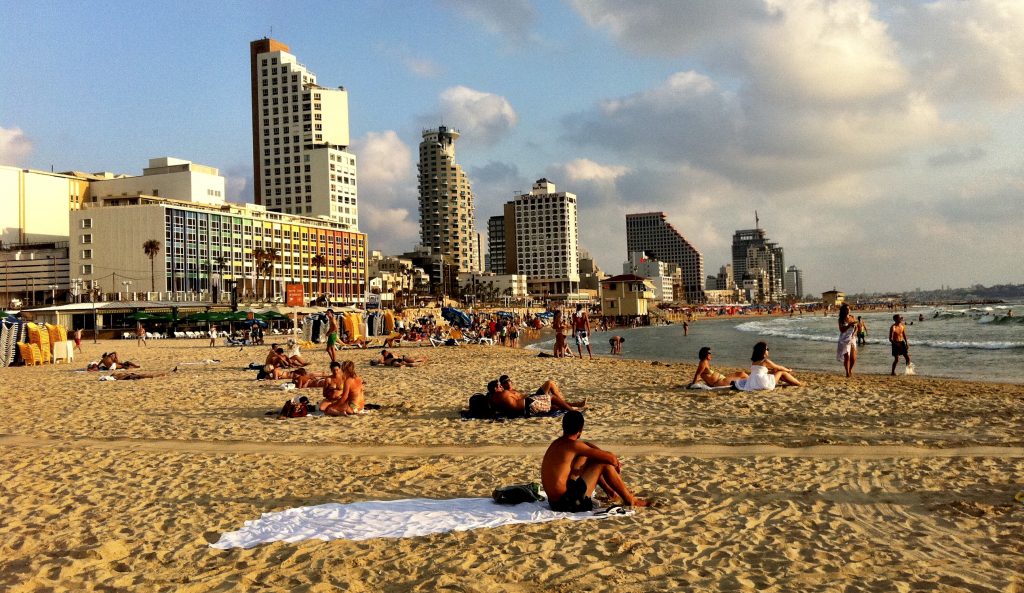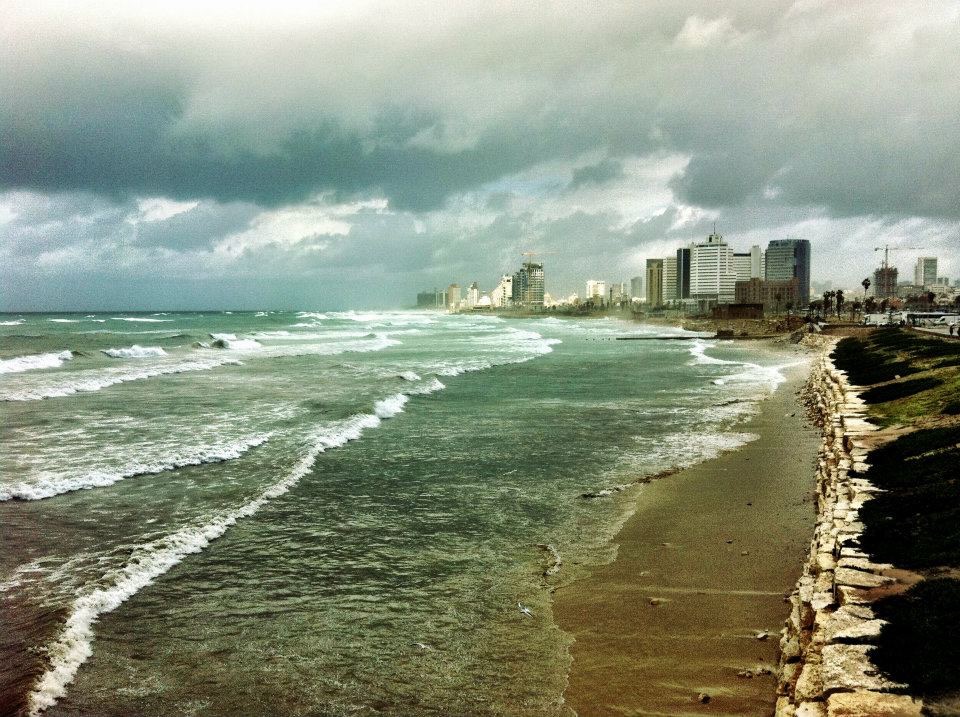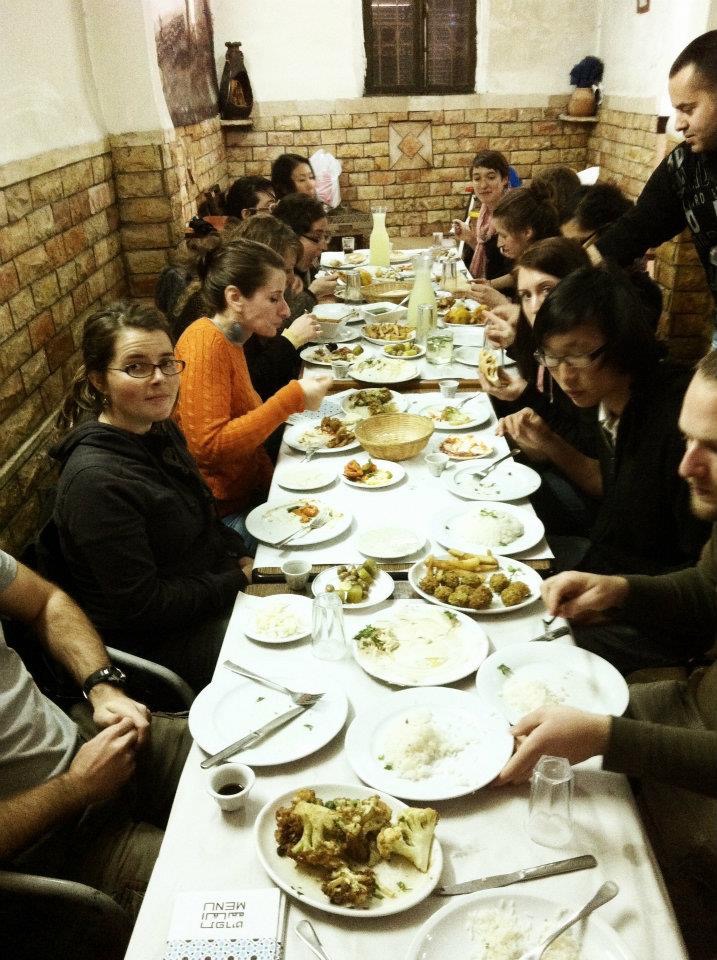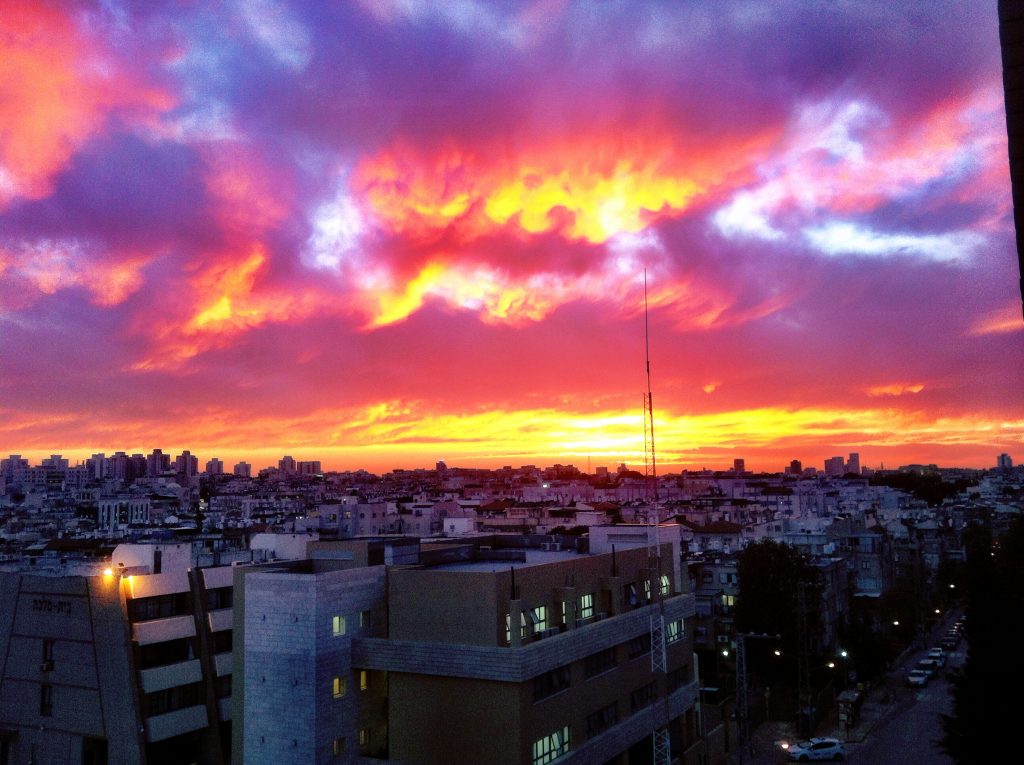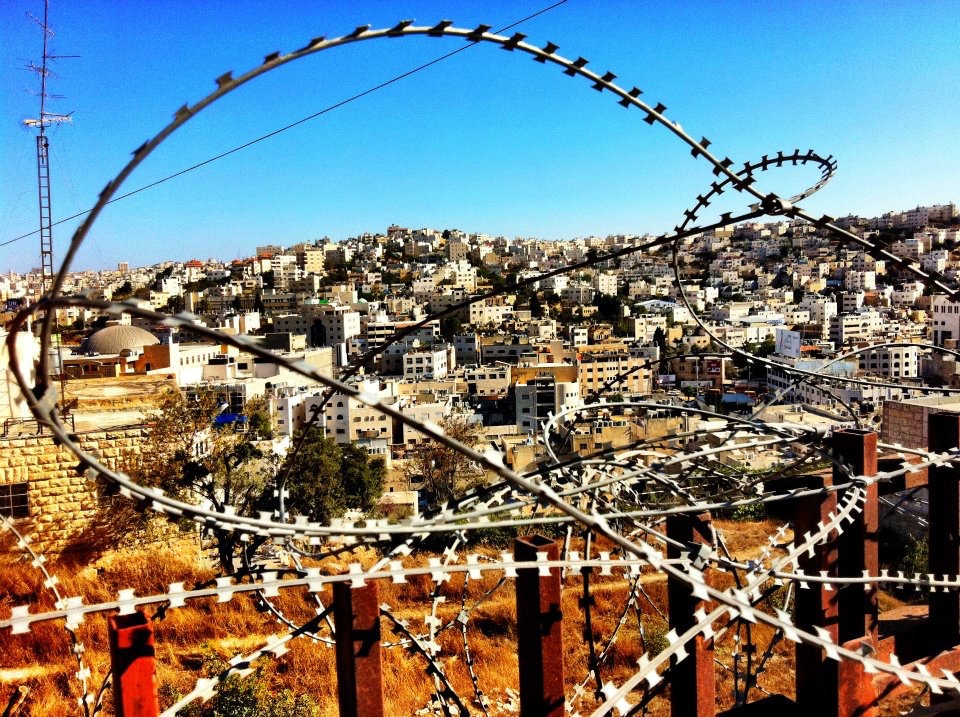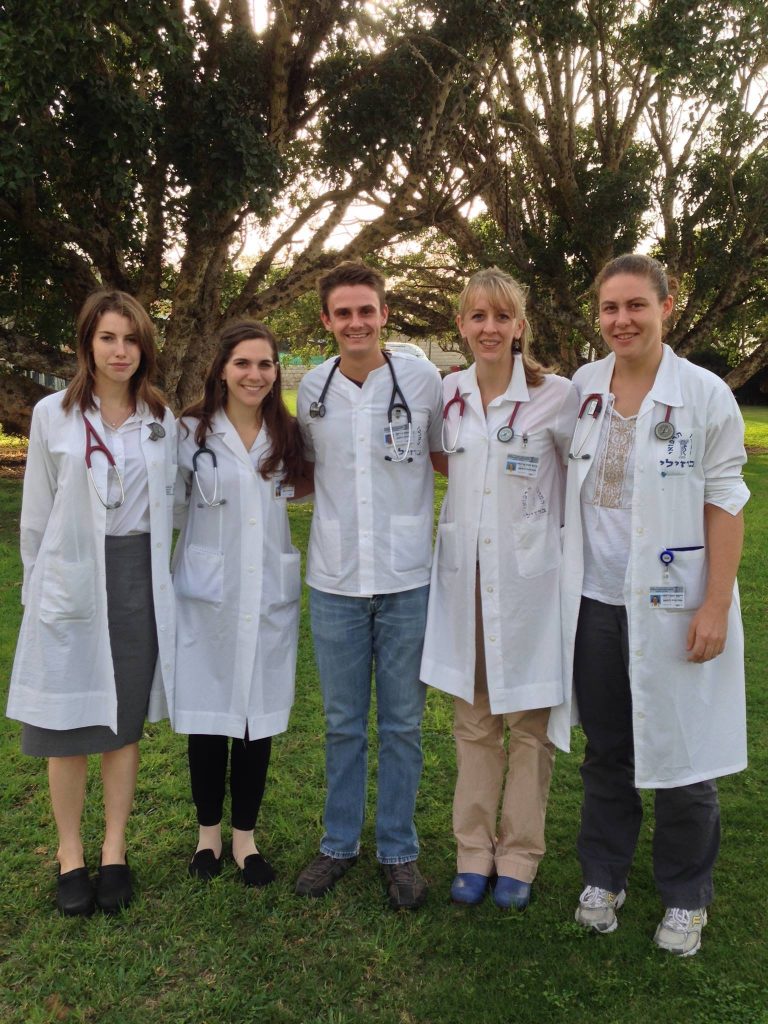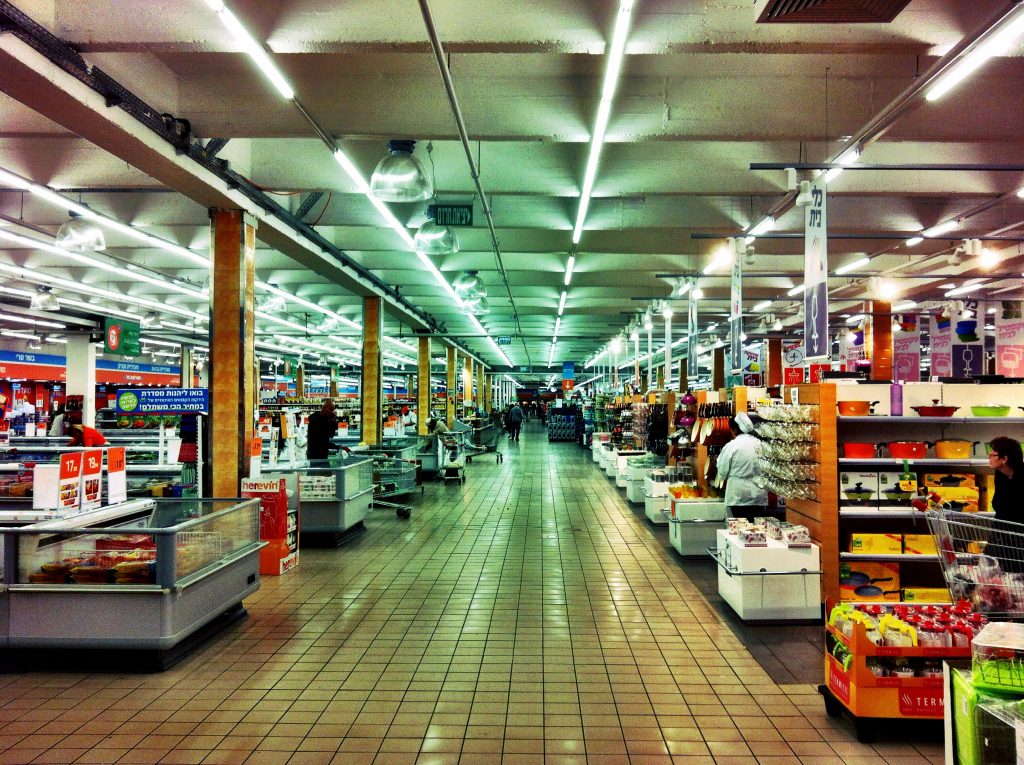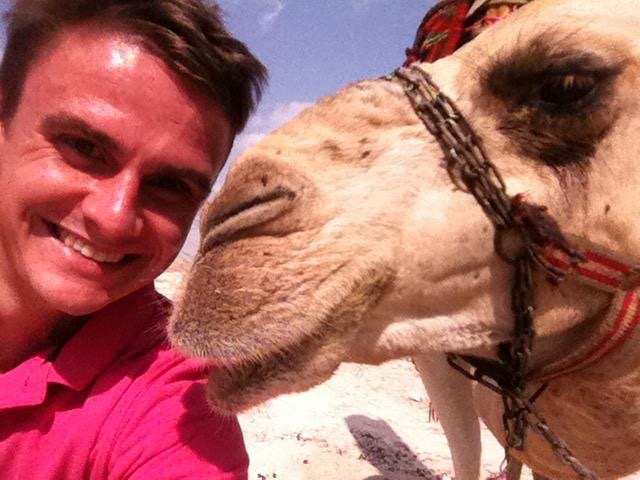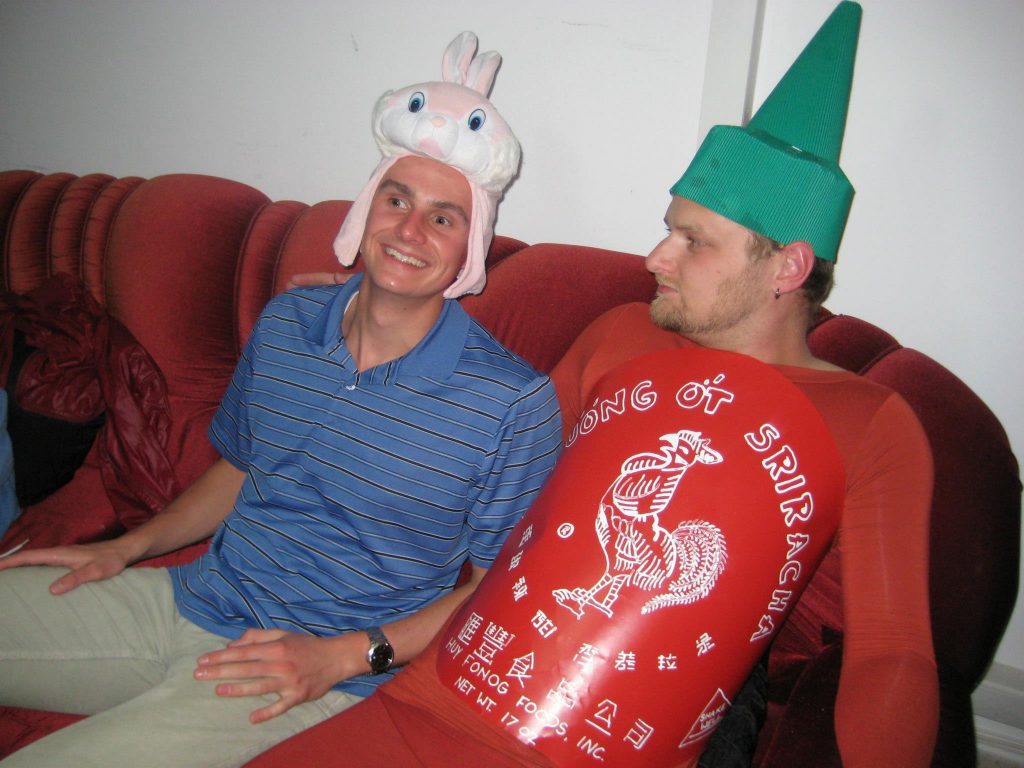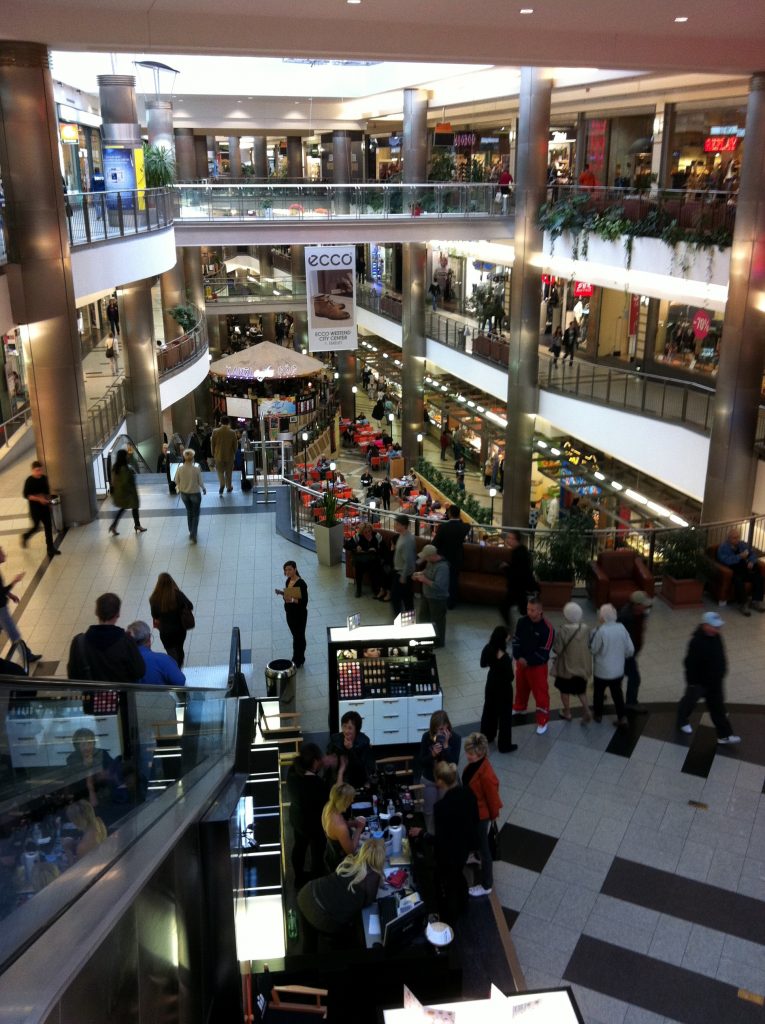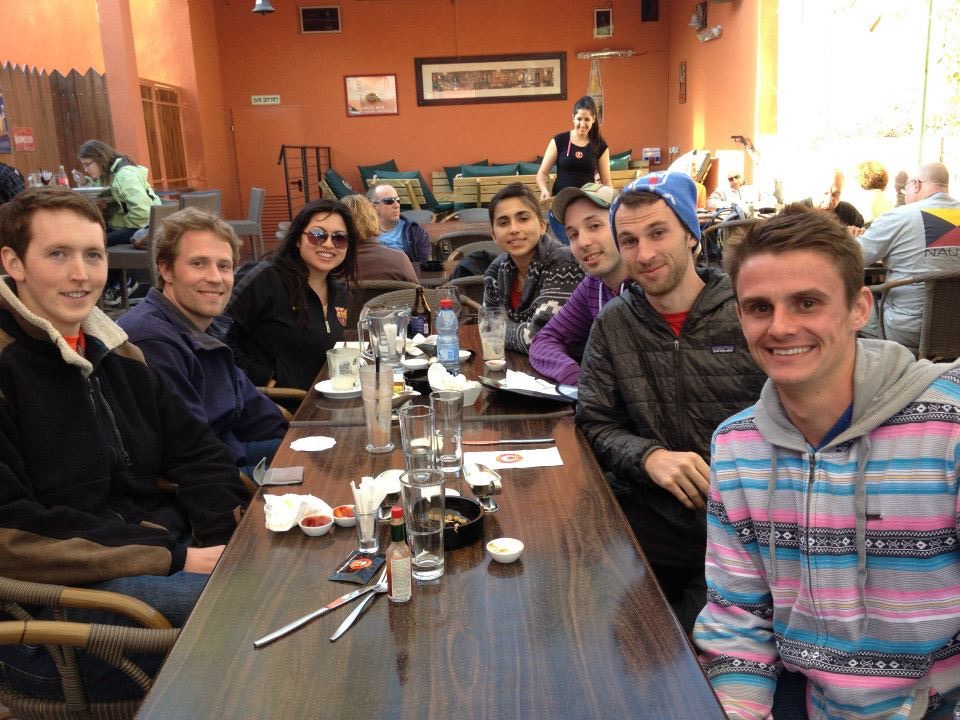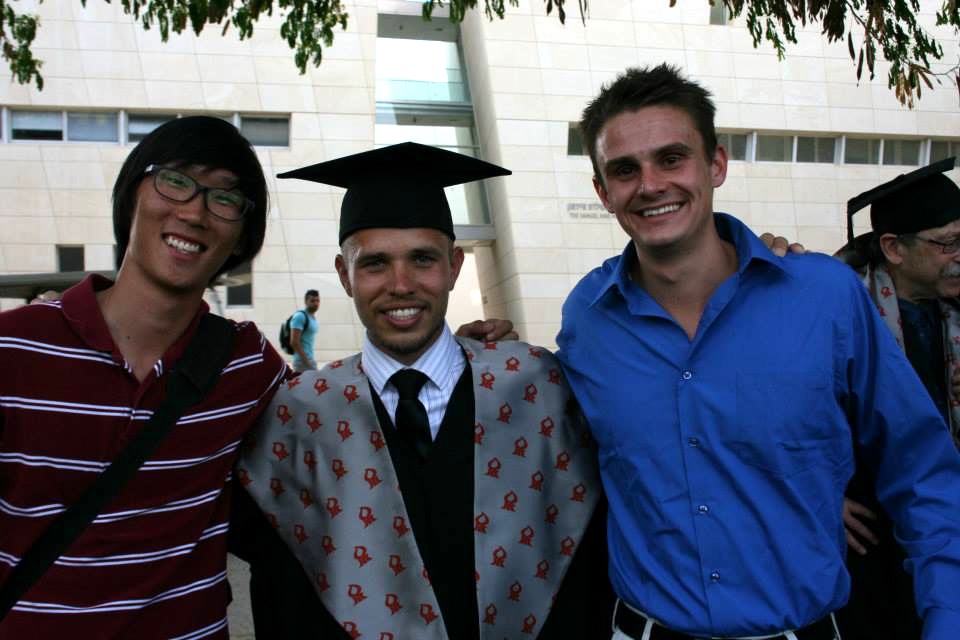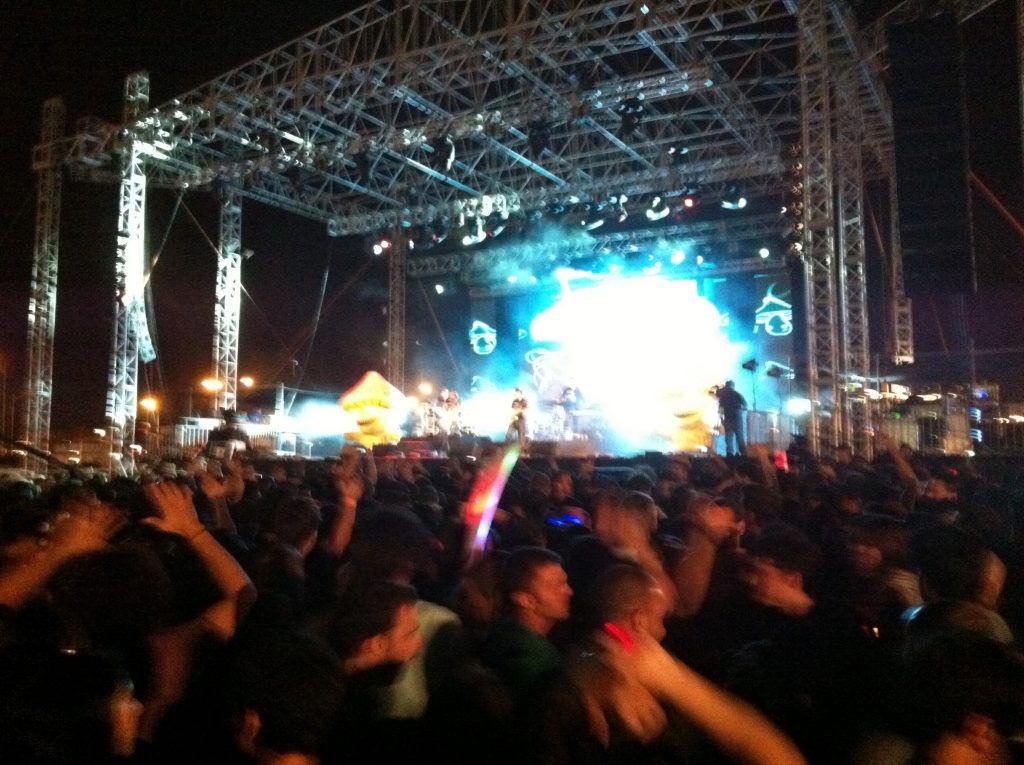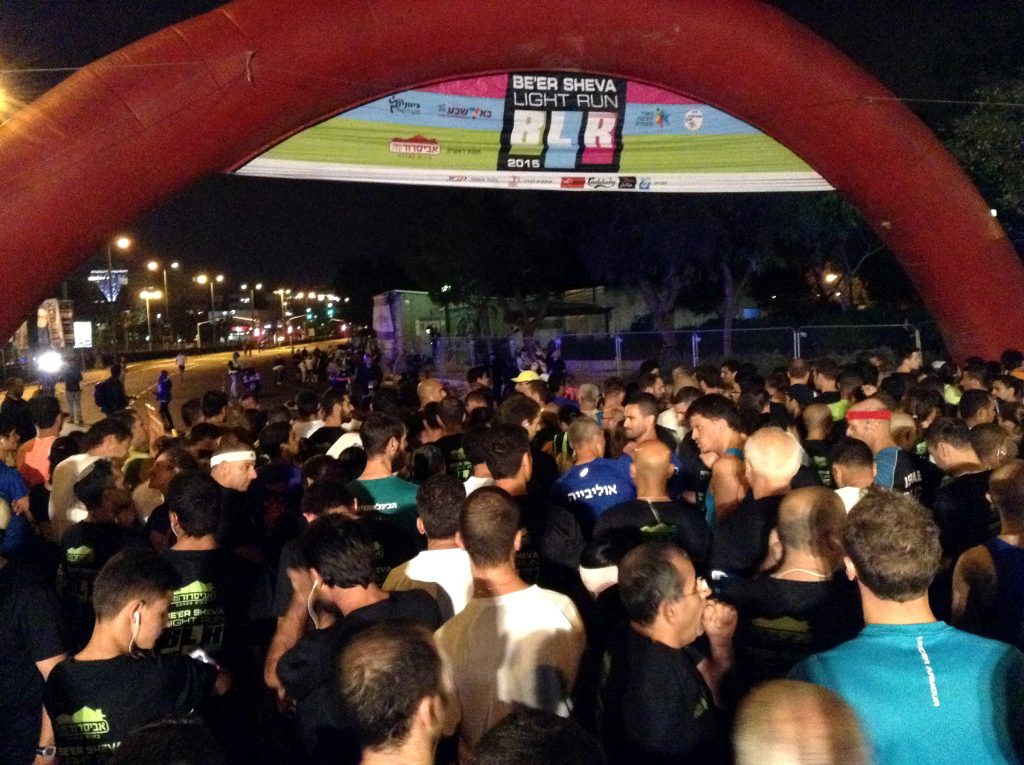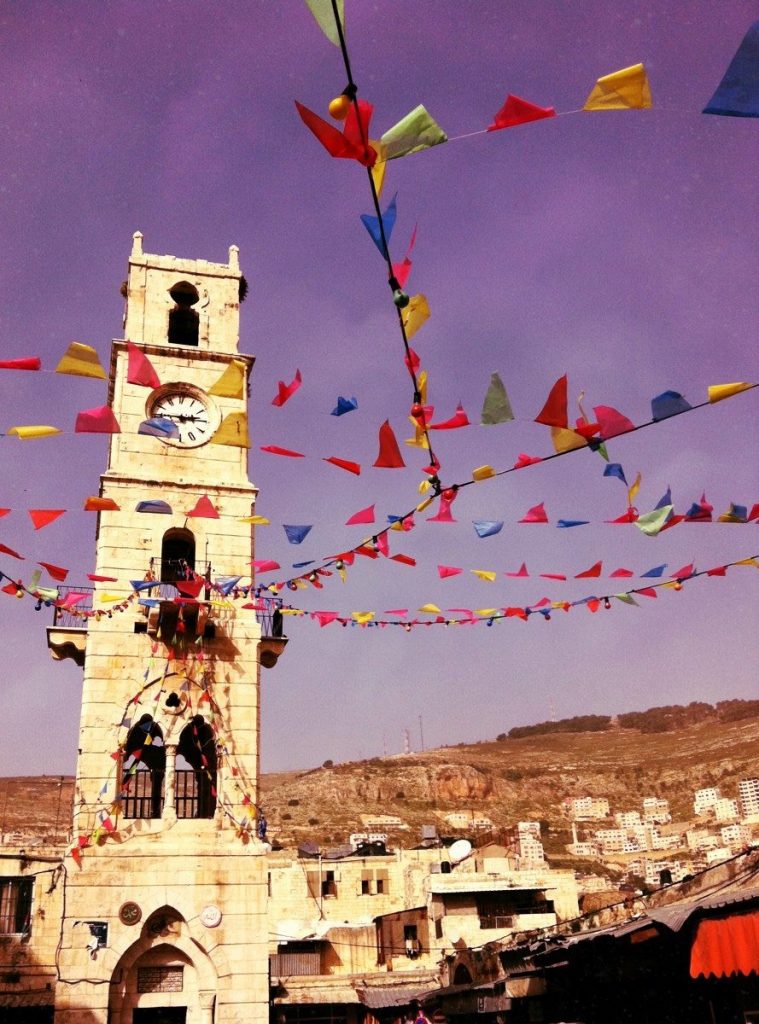
one day during march a big group of my medical school colleagues took a self-planned day trip in a bus up to the northern west bank cities of qalqilya and nablus. great to see these kids wanting to see life from the other side. we were joined by some medical professionals from the u.s. first stop was qalqilya, a palestinian city which is 95% surrounded by israel’s separation barrier. there is just one road in. major problems from a public health perspective, as the surrounding townsfolk now need to travel hours to get to the clinic or hospital, trips that used to take them 5 minutes. sometimes the one entrance to qalqilya is shut completely by the israelis for hours or even days at a time. we visited the only united nations relief and works agency (unrwa) hospital in the west bank, where the director of the hospital welcomed us with the customary long-winded speech and selection of sweets, and gave us a tour of the facilities. unrwa provides free healthcare to palestinians, provided they can get to the facilities, which often is the insurmountable obstacle. generally speaking, the challenge for healthcare in palestine is that it is disjointedly provided by a slew of intergovernmental and non-governmental organizations that do not integrate particularly well with each other. that and the barriers to access created by restriction of movement. qalqilya is host to palestine’s only zoo, a profoundly sad place. during the second intifada in the early 2000s the animals were starving to death despite the best efforts of the committed zookeeper. one day a grenade exploded and startled the zoo’s giraffe, who subsequently hit its head on a metal beam and died. the zookeeper became a taxidermist out of necessity, and today one can see the stuffed animals whichwere alive in better days gone by. vice news did a piece on these stuffed zoo animals.
next we headed east to nablus. unbeknownst to anyone on the bus, our tour guide had lined up another host, a palestinian liberation organization (plo) guy who had spent much of his life in israeli prisons. upon arrival in nablus we picked him up and were taken to the top floor of city hall, where we had a red carpet meeting with the mayor, who is also on the plo’s executive committee. he waxed poetically on the need for equality as well as peace, commenting and answering questions on current peace negotiations, while triple-life sized portraits of arafat and abbas looked down on us and the city of nablus spread below us. after all the unplanned formalities, we finally got the chance to wander around the streets of nablus, sampling its specialty desert kunafa, and peering into its secluded ancient courtyards and hammams.
